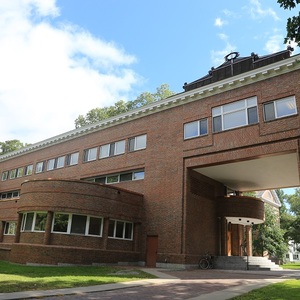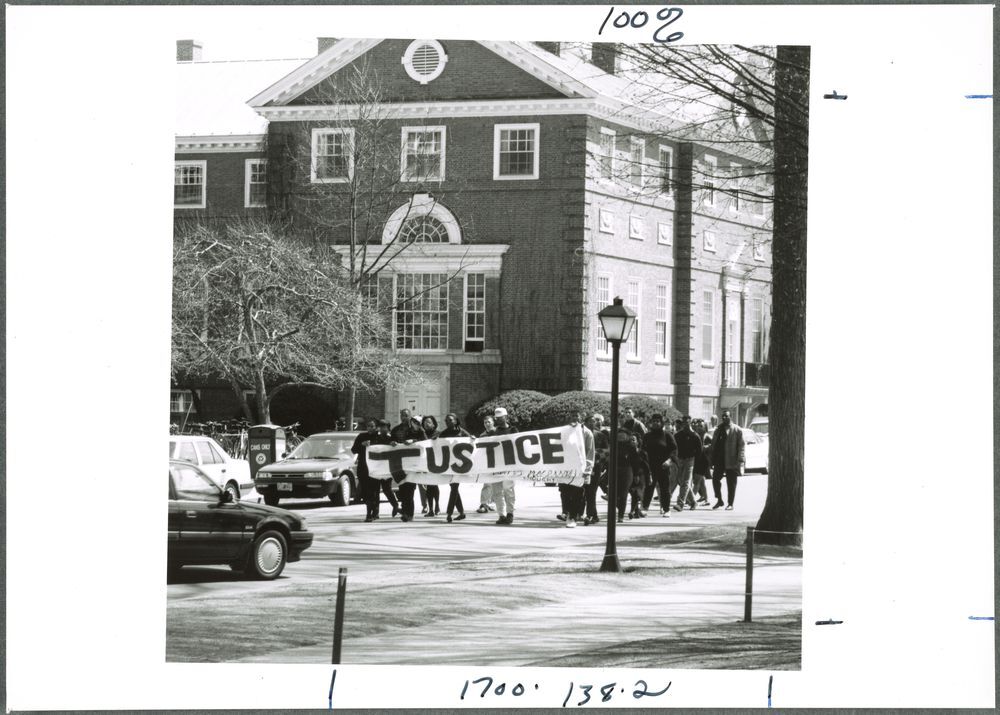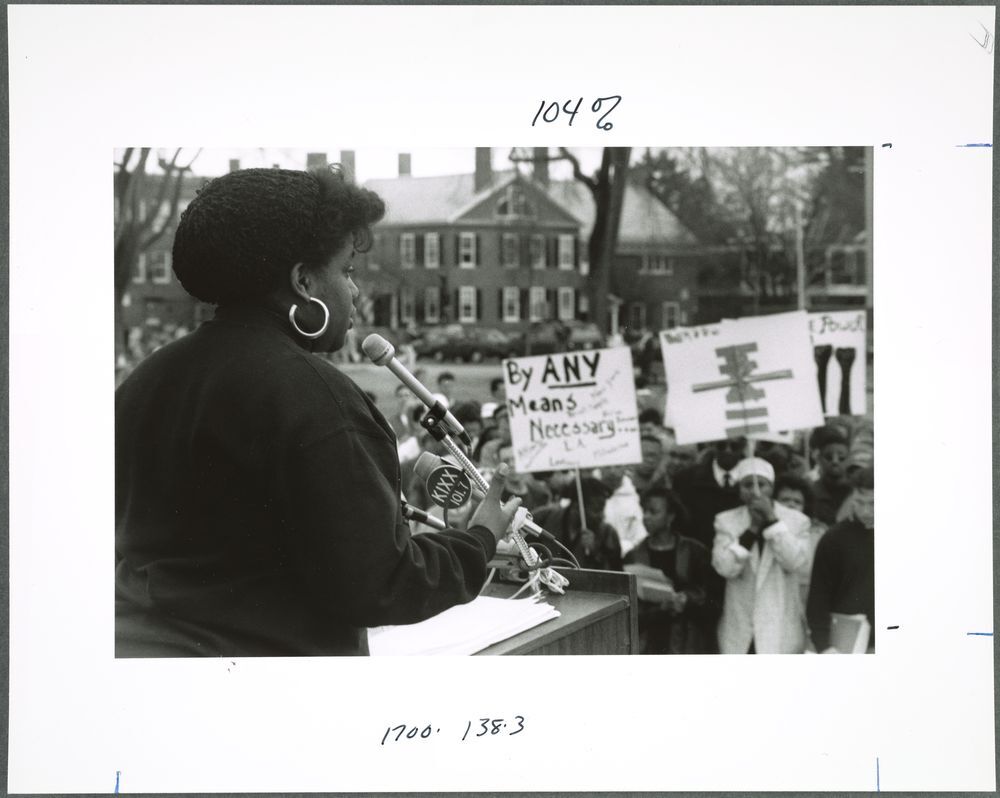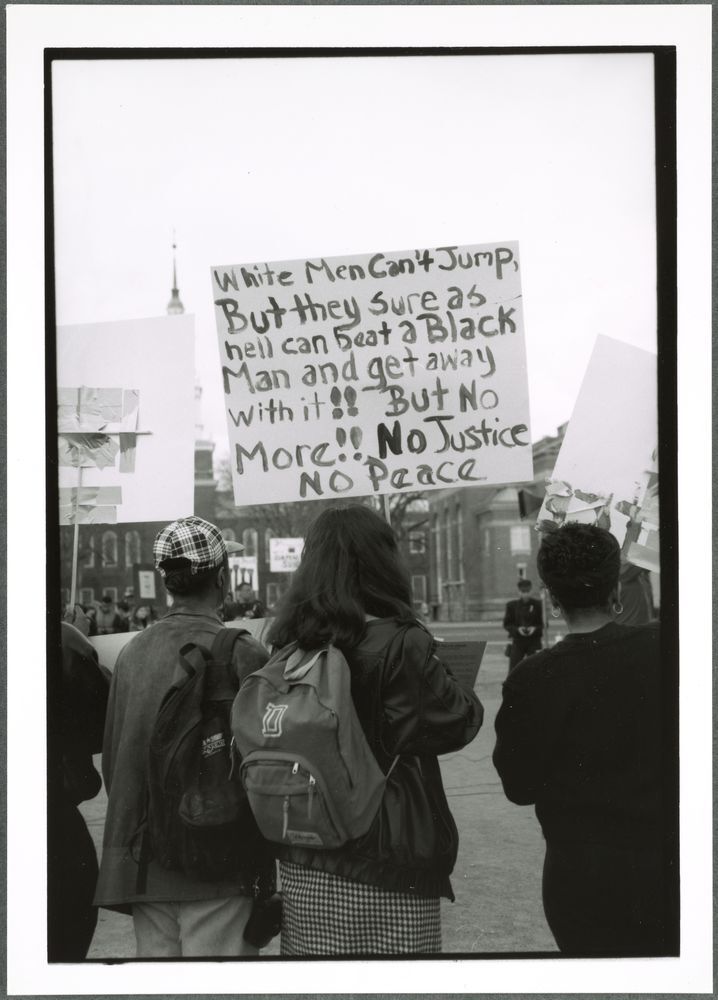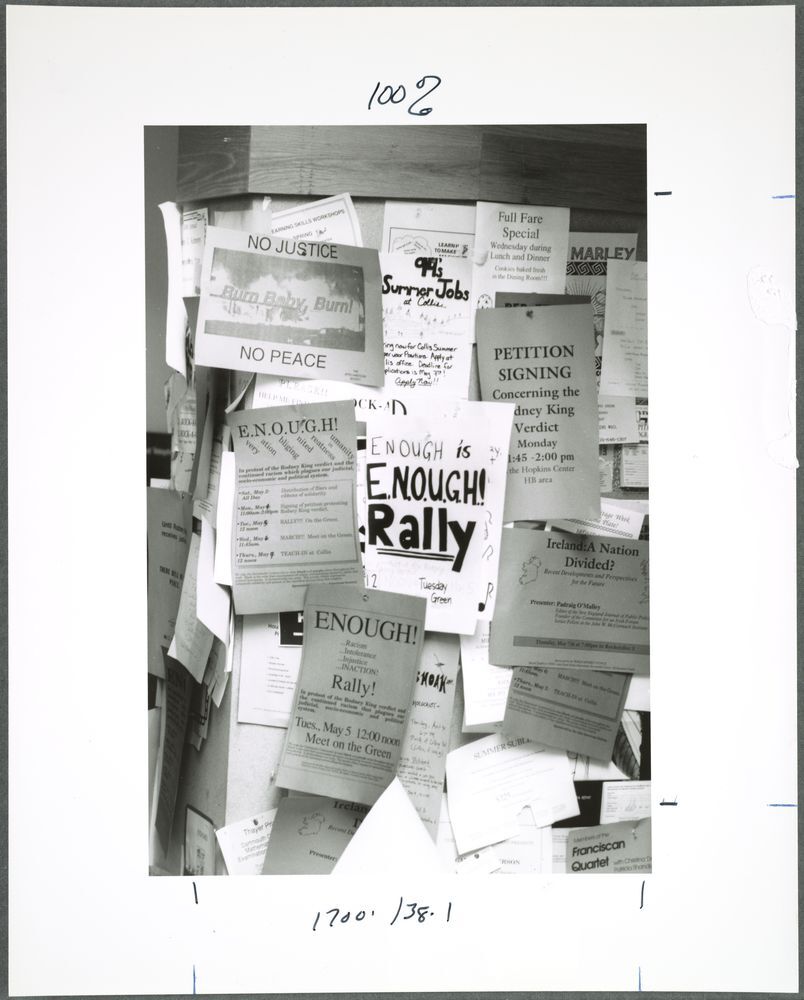Asian and Pacific American Issues Forum
The Asian and Pacific American Issues Forum (APAmIF) was officially started in 1991 by a group of Asian American students who wished for a way to get involved in politics. More specifically, these students understood the need for greater political consciousness, so they wanted to create a space to respond to the political and societal concerns of Asians and Pacific Americans.
Events
The organization hosted talks at Dartmouth's Nelson A. Rockefeller Center for Public Policy. According to one of the founding members of APAmIF, these talks usually had general topics and a good, diverse showing. The events included a panel of students with a spectrum of political views on Asian identity and stereotypes faced by Asian Americans. The founding APAmIF member we interviewed believed that having this range of political views was beneficial because it encouraged more discussion among students. For example, according to the founding APAmIF member we interviewed, some students saw no problem with the Model Minority myth of Asian students. According to the interviewee, this view was more prevalent among students who identified as "conservative."
The LA Riots
The creation of the Forum came partly as a response to the LA Riots that occurred in the Spring of 1992. The riots exposed clear, persistent racial injustice in the United States that were being dismissed and the media’s attempt at pitting racially marginalized groups against each other. The LA Riots, therefore, helped propel a sense of urgency among students to involve themselves in the fight for racial justice and equity, partially inspiring APAmIF's creation. The founding member we interviewed expressed that he felt as though, prior to these events, most students did not feel fully ready to become activists. Our interviewee expressed the view that Asian students who had "assimilated successfully" did not feel the need to get involved because they personally felt little to no racial discrimination; rather, these students avoided political issues either in an attempt to 'keep their heads low' or because they thought the racial climate in the US was fine, a notion which the interviewee did not subscribe to.

